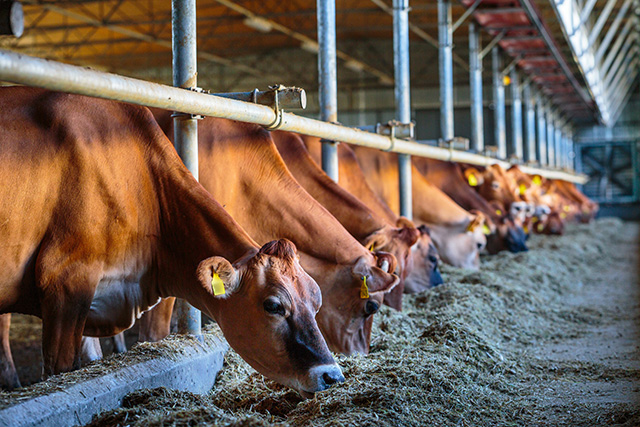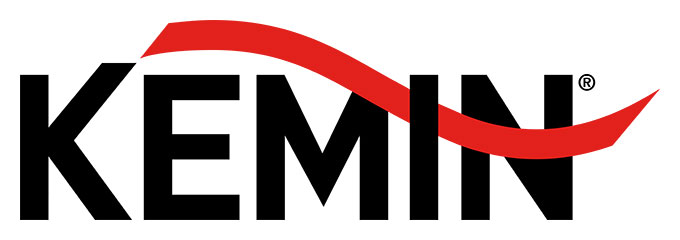
The modern dairy cow is a model of remarkable productive efficiency. In high-producing dairy herds with annual average milk production levels in excess of 15,000 kilograms per cow, 75% or more of the energy consumed is translated into milk production and other functions beyond maintenance. These levels of production require control of metabolism and interplay between key physiological systems to support high production, health and reproductive capacity at the same time. The transition period also coincides with suppressed immune function, leaving cows more prone to infectious diseases such as mastitis and metritis.
Chromium supplementation improves insulin sensitivity.
The essential trace mineral chromium (Cr) has the unique ability to bind to insulin receptors and allow glucose into cells. In cattle, Cr supplementation has increased insulin sensitivity, improved immune responses and reduced cortisol levels. University studies with Cr have also shown to reduce subclinical metritis, reduce days to first service and improve conception rates, milk production and pregnancy rates.
Chromium effects on cow responses
Researchers report chromium can enhance or improve milk yield, reproduction, immune response and/or heat stress compared to cows not supplemented with chromium. Kemin recently conducted a thorough meta-analysis of 16 peer-reviewed scientific journal articles that evaluate the impact of chromium supplementation in dairy cattle. The data represents animals from -28 days to calving to 147 days in milk. The findings not only confirm the benefits of chromium, but also provide a comprehensive statistical analysis of the advantages in production and profitability that dairy producers stand to gain.
Table 1. Summary of meta-analysis

Further analysis indicates the likelihood of achieving results on your dairy operation:
- 98.5% probability that DMI will increase by 1 lb/h/d
- 99.9% probability that milk yield will increase by 1 lb/h/d
- 96.9% probability that milk yield will increase by 2 lbs/h/d
- 70.9% probability that milk yield will increase by 3 lbs/h/d
Conclusions and practical application
Understanding the relationship between stress, immunity and reproductive herd health is paramount to discovering best nutritional management practices for your dairy herd. Chromium supplementation primarily acts to improve insulin sensitivity and reduce the release of stress hormones, both of which can enhance performance. Dairy farmers, nutritionists and veterinarians should consider adding chromium to their trace mineral program for higher dry matter intake and milk production, improved health and immunity, and potential reproduction improvement.
Schedule a personal review of the study, Effects of additional bioavailable chromium on dry matter intake, milk yield and component production: a meta-analysis by contacting KeminAg@kemin.com, or visit Kemin.com/Chromium to learn more about chromium.



